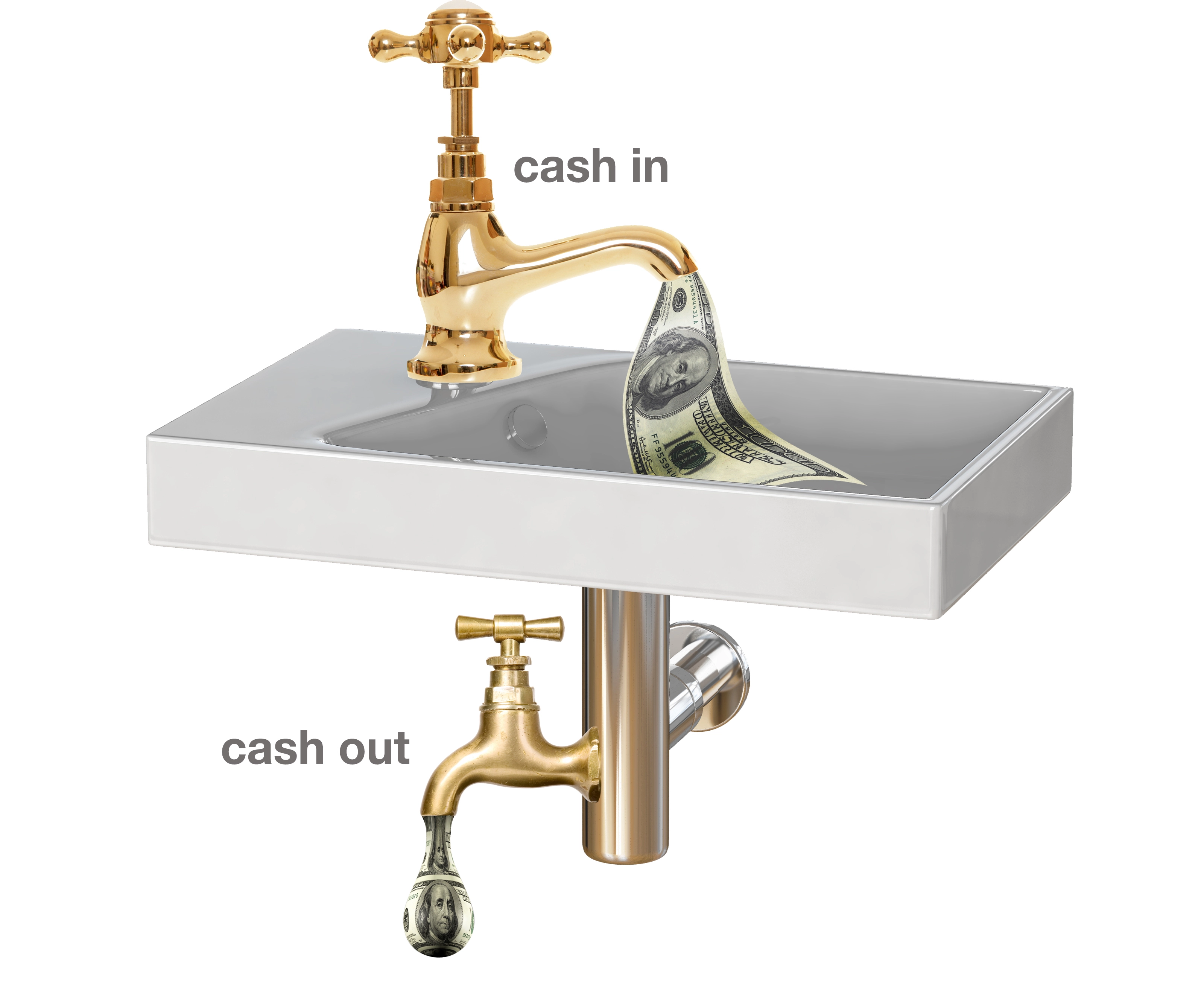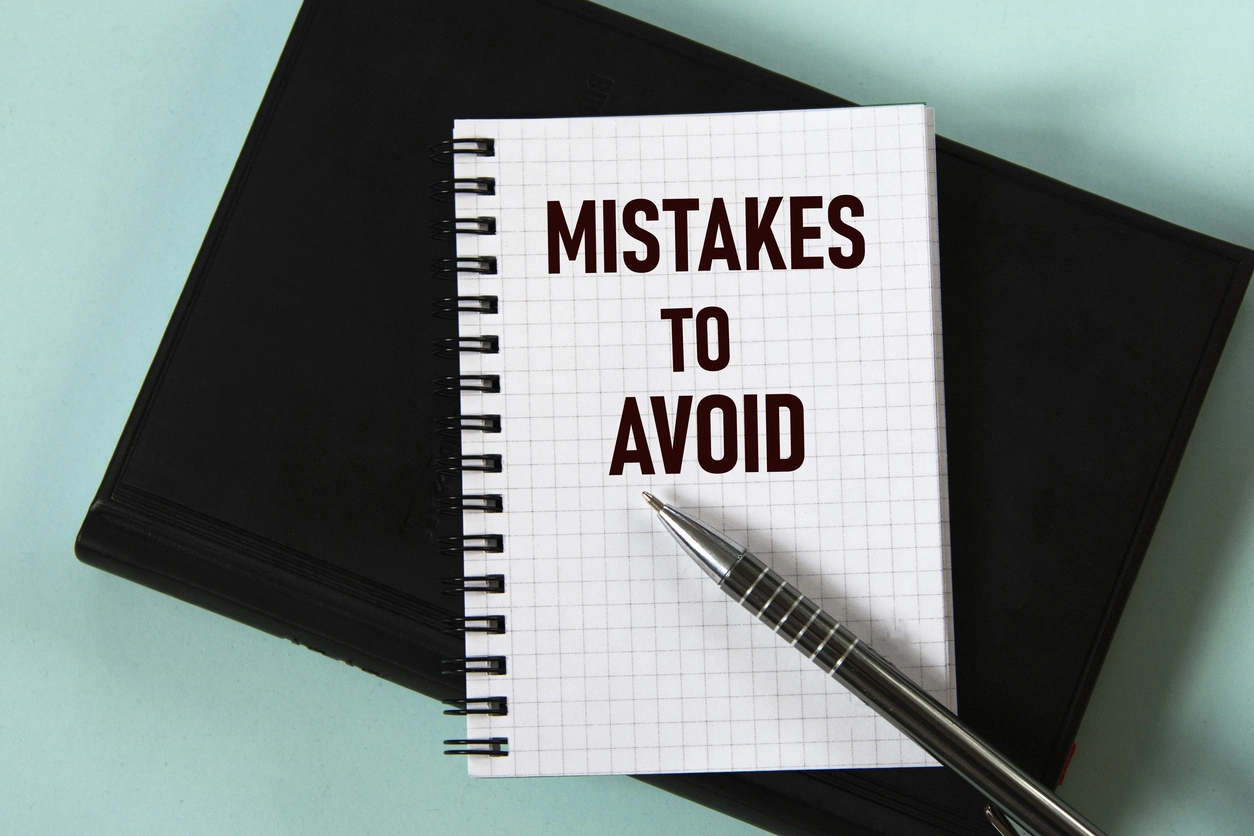Cash-flow gain is a guideline, but borrowing is ultimately a personal decision.
Business debt is good. Personal debt is bad. Bud Mingledorff said this more than 20 years ago. Bud is Chairman of Mingledorff's Inc., one of the largest independent Carrier and Bryant distributors. Bud's philosophy is that you can leverage business debt, but can't or shouldn't leverage personal debt.
Robert Kiyosaki, writing in the Rich Dad, Poor Dad series, echo's Bud's comments. He goes a step further and says that if debt is used to produce positive cash flow, then it is good debt. If the cost of the debt is less than the cash flow it produces, it is good debt.
Then, you have companies such as Google that have so much cash flow that they don't need or have any debt. Why should Google use debt?
I've often written that you should save your maintenance agreement dollars in a "rainy day" fund and use the savings as your own business line of credit. You have money in this fund when you need it so that your business doesn't have to borrow from a bank. Your business is borrowing from itself.
The government has made the distinction between business and personal debt tax laws. You can deduct business interest from corporate income taxes. You cannot deduct credit card interest from your personal taxes. When you do the math on the interest costs after taxes, business interest costs can be as low as 5% depending on your tax rate. The question is, did the company use the debt properly and generate more than a 5% return? If so, then the debt use is good. If not, then the debt use doesn't make economic sense.
Let's look at debt when purchasing or investing in a company. If you are purchasing a company, debt financing is a much cheaper form of financing than equity. From the loan maker or investor's perspective, equity is riskier than debt because a company usually has no legal obligation to pay dividends to common shareholders. Instead, most shareholders want a certain rate of return. And, in our industry, most companies do not pay dividends. They pay bonuses to decrease the net profit of the company instead. In equity financing you may not be able to pay bonuses because your investor shareholders want a specific return.
Debt is also less risky for the purchaser or investor because the company is legally obligated to pay it. The purchaser will base much of his decision to purchase your company on whether there is enough cash flow to pay the debt. If not, then they will either lower the price they are willing to pay for your company or walk away from the deal.
Debt can be better for company owners because when the debt is repaid, the debtor has no hold on the equity of the company. It is totally in the hands of the existing shareholders.
If your company can grow faster, create more jobs, and generate positive cash flow with debt usage, should you borrow? Do you believe the growth numbers? Over the past few years the economy has taken its toll. Some companies that had a lot of debt didn't grow and as a result couldn't pay the debt.
I've also seen banks get sold where the new owners don't like construction loans, and the loans got called, i.e., they had to be totally repaid within 30 days. Do you trust your bank to finance your company's debt? One of the things I learned when I wrote The Ugly Truth about Small Business is to never have a relationship with just one bank. You never know when banks will be sold.
So, is debt good or bad? The reality is that debt usage is an emotional decision. Some company owners are comfortable with a lot of debt. Others can't sleep at night if they owe anybody anything. They pay cash for their trucks and other assets as well as their suppliers.
Each of us has to determine our debt tolerance. Only you can decide whether debt is right for your company.
Ruth King has over 25 years of experience in the hvacr industry and has worked with contractors, distributors, and manufacturers to help grow their companies and become more profitable. She is president of HVAC Channel TV and holds a Class II (unrestricted) contractors license in Georgia. Ruth has written two books: The Ugly Truth About Small Business and The Ugly Truth About Managing People. Contact Ruth at ruthking@hvacchannel.tv or 770.729.0258.





